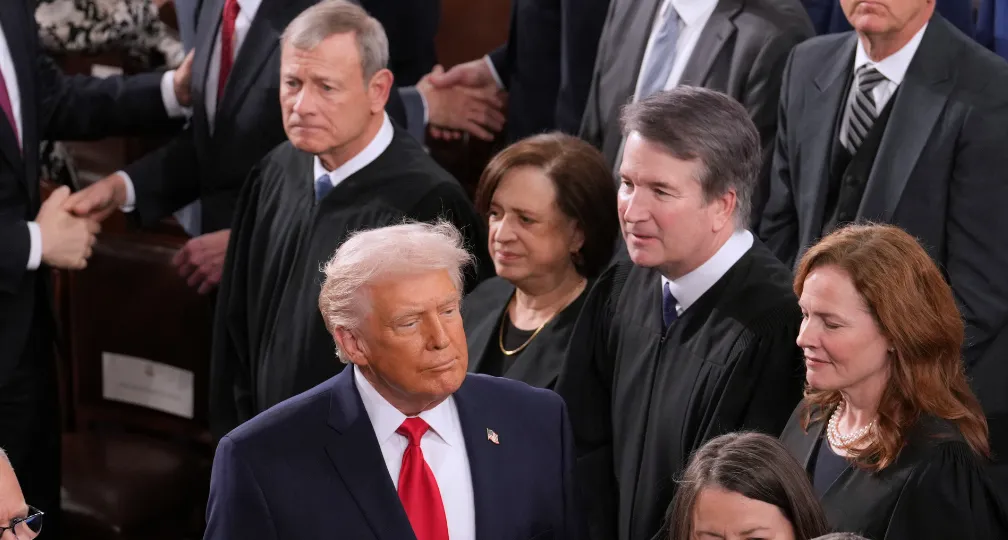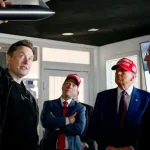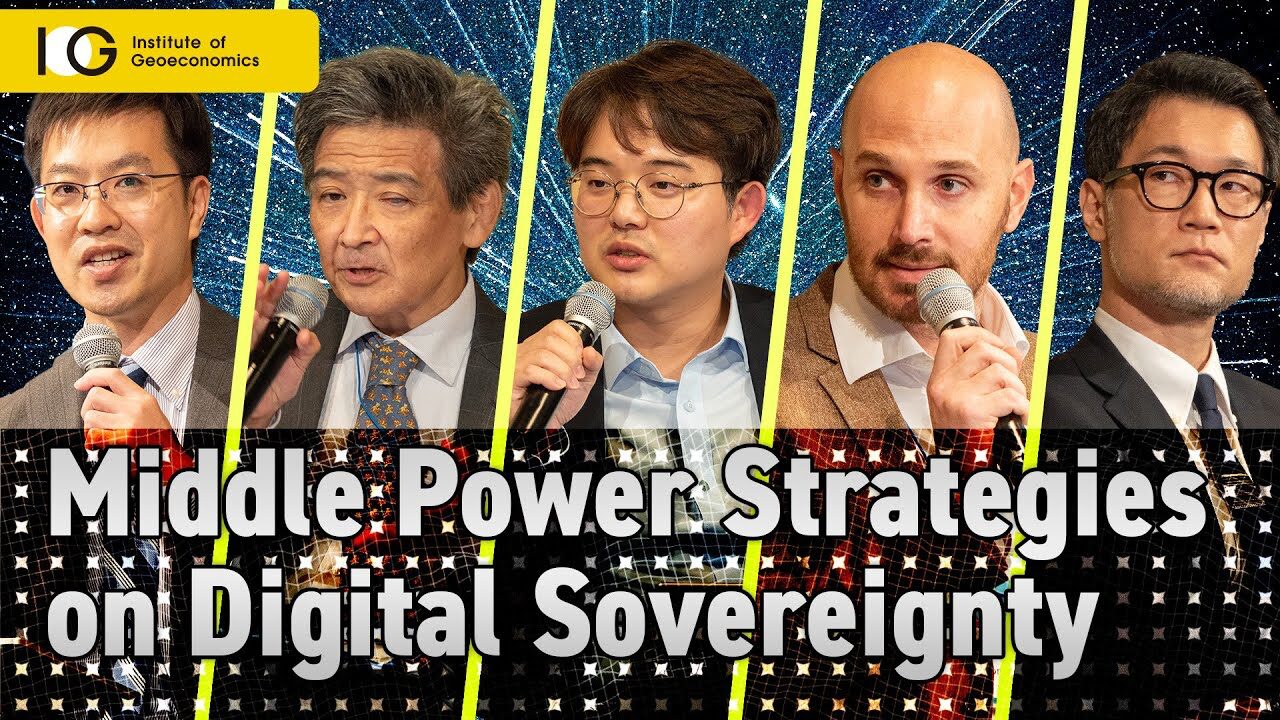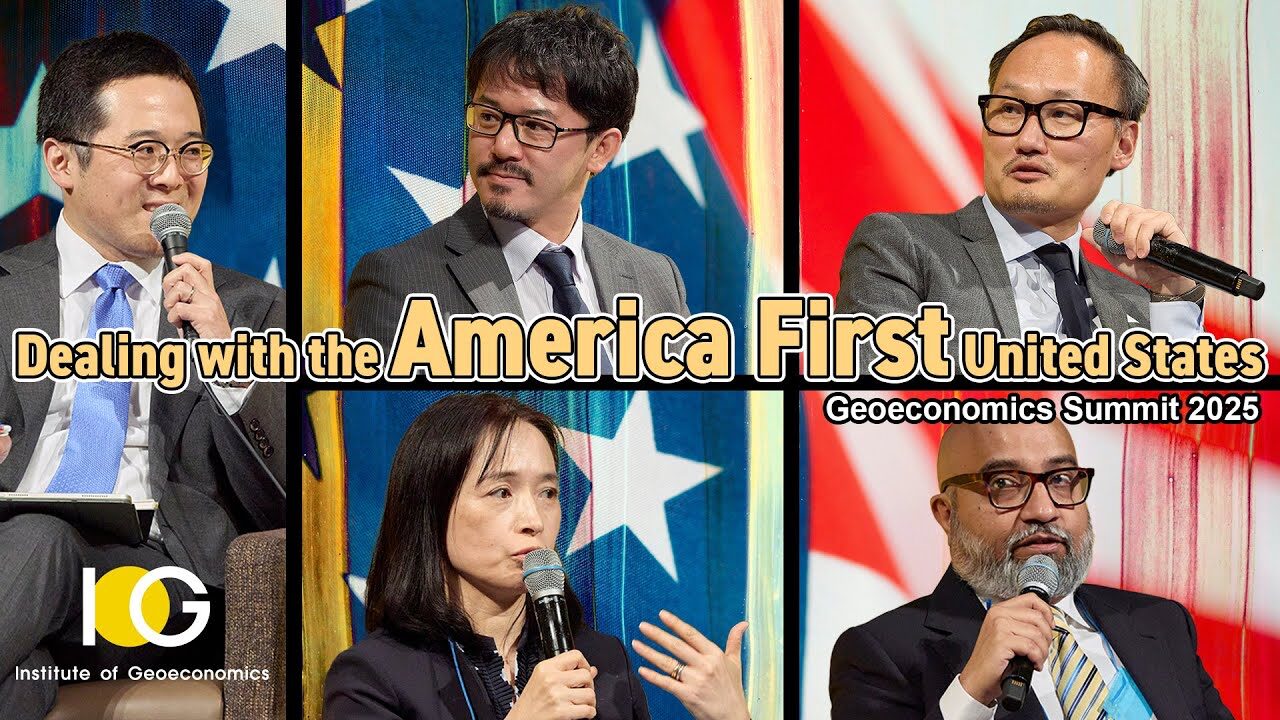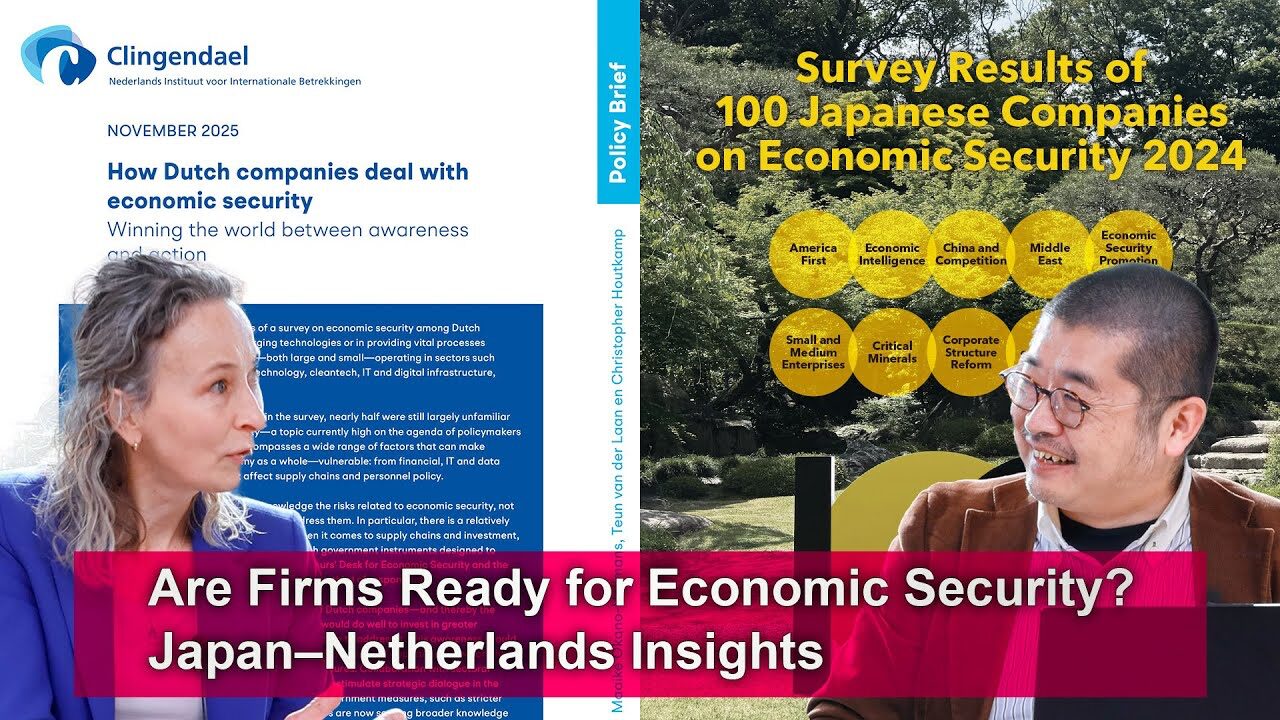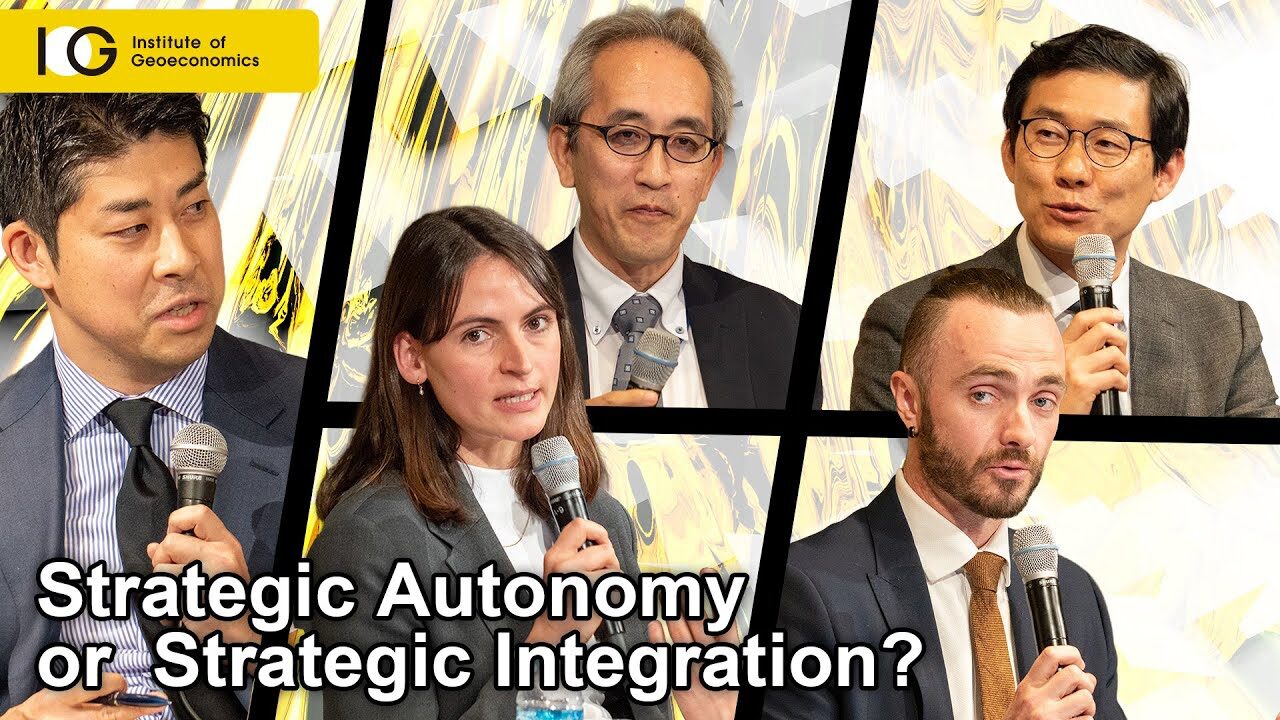Will Trump change course on critical and emerging tech?
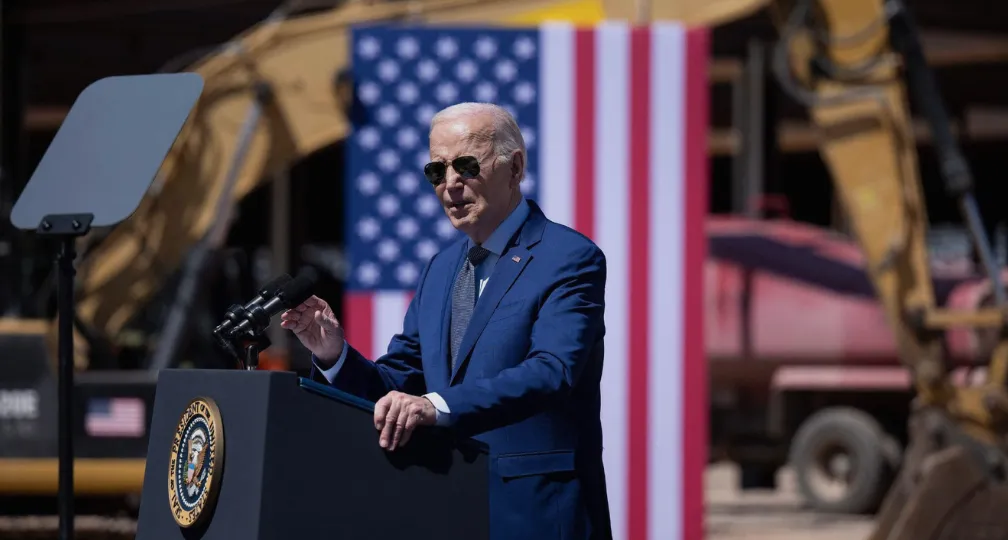
Compared with the “America First” approach embraced by President-elect Trump during his first term, outgoing President Joe Biden’s administration has placed greater emphasis on international cooperation.
At the same time, Trump’s foreign policy was not entirely unilateral and Biden has not always fostered seamless collaboration among allies. It is therefore important to consider not only the tendencies of each administration, but structural issues too.
Competition with China over artificial intelligence, quantum computing and semiconductors is accelerating and Washington has responded by promoting R & D and bolstering regulation through cooperation with allies.
However, due to technological disparities and divergent regulatory positions between states, which reflect cost-benefit asymmetries, the race for critical and emerging technologies has a "nested" structure that includes elements of both cooperation and competition.
Continuity from Trump to Biden
Both Trump and Biden inherited several policies related to emerging tech that were based on a recognition of the United States’ diminishing edge over China.
The Third Offset Strategy introduced by former President Barack Obama sought to maintain America’s strategic superiority over China and Russia by leveraging technological advantages in fields such as AI and space.
But during the first Trump term, the strategy shifted toward more symmetric competition, emphasizing concerns over China catching up and influenced by the decline of American manufacturing and innovation. The 2020 critical and emerging technologies strategy acknowledged that the U.S. could not maintain leadership in all fields and sought to clarify its priorities, focusing on nurturing and protecting key areas.
Noteworthy is that this approach was partly based on cooperation with allies, even though its foreign policy iterations caused friction with many of them — and cooperation began in earnest only once Biden took over.
The Biden administration’s National Security Strategy took a different turn. In fields such as next-generation communications and semiconductors, efforts were made to enhance capabilities through domestic investment, especially in emerging tech like AI and quantum computing, and R & D and protective measures were promoted through bilateral cooperation agreements and multilateral frameworks.
Biden also continued Trump’s focus on research integrity and security, setting cooperation agendas in forums such as the OECD and Group of Seven.
But while Washington’s multilateral approach increased pressure on Beijing, it also led to losses for less powerful allies. Investments in sectors such as semiconductors, electric vehicles and clean technology were not only designed as industrial policies to counter China but sparked a race for subsidies among friendly nations.
Cooperation with friction
One important question is whether negative impacts on allies were baked into the policies in the first place or if they were structural in nature. In the former case, the next government could change course, but if the latter is true, these issues will persist.
For example, friction over Biden’s Inflation Reduction Act could have been mitigated. The rule limiting subsidies to North American EVs emerged out of domestic negotiations, but an executive decision could have changed them — by expanding the subsidies’ scope, for instance.
On the other hand, discord caused by efforts to strengthen certain industries, including through the CHIPS and Science Act, is largely rooted in international structural factors, particularly differences in countries’ relative capabilities.
Washington’s push for investment in strategic industries such as advanced semiconductors is aimed at reshoring production to the U.S. and reducing reliance on China, but these industries’ enhanced competitiveness has affected allied countries as well. For example, the European Union has sought to expand investment through its own semiconductor law, but an imbalance in the scale of funding remains between the U.S. and Europe.
Nevertheless, given China’s rapid technological development, a slowdown in American investment could result in U.S. industries falling behind, leaving little room for policies to have any substantive impact.
These issues could also create friction when it comes to international regulatory cooperation. Strengthening investment regulations and research security requires allies to coordinate to close any loopholes. However, the extent to which countries other than the U.S. can absorb losses stemming from similar regulations varies significantly.
Allies respond
The key issue for many countries, including Japan, is how relationships between allies might change with Trump’s return. Under his watch, issues around the distribution of burdens and benefits might become more acute and the way policies are framed less palatable.
But if problems caused by technological investments and industrial policies are structural in nature, the new administration will not necessarily solve them. And massive U.S. investments in science and technology, coupled with strong regulations, could continue to provide long-term competitive advantages against China for many allies.
Europe and countries like Japan face the dilemma of balancing cooperation and competition with the U.S. As long as the Sino-American rivalry continues to center on supremacy in emerging technologies, Washington will be compelled to involve its allies, which means that the structure of international cooperation in this field might not change significantly.
However, the expansion of American-led minilateral cooperation frameworks concentrates technology around the U.S., creating asymmetries: While the U.S. can benefit from allies’ technologies, partner nations may have only limited access to American ones due to narrowly defined frameworks.
Even so, for many friendly countries, technological cooperation with a strong United States is indispensable. Since an American victory in the competitive race with China would benefit them in the long run, they may have no choice but to accept short-term disadvantages.
Yet allies such as Japan will not just accept these side effects without mounting any resistance — making interest alignment and trust-building essential. One approach would be for allies to improve cooperation among themselves, therefore mitigating asymmetries in access and redressing structural imbalances.
Another approach would be for countries like Japan to define their priority scientific and technological fields, taking their indispensability to the broader alliance into consideration, therefore maximizing the benefits of collaboration. In the nested structure of competition surrounding emerging technologies, efforts are framed as a response to the Chinese threat but may ultimately help manage risks stemming from the U.S. as well.
(Photo Credit: AFP/ Aflo)
[Note] This article was posted to the Japan Times on November 26, 2024:
https://www.japantimes.co.jp/commentary/2024/11/26/world/biden-trump-us-critical-technology/

Geoeconomic Briefing
Geoeconomic Briefing is a series featuring researchers at the IOG focused on Japan’s challenges in that field. It also provides analyses of the state of the world and trade risks, as well as technological and industrial structures (Editor-in-chief: Dr. Kazuto Suzuki, Director, Institute of Geoeconomics (IOG); Professor, The University of Tokyo).
Disclaimer: The opinions expressed in Geoeconomic Briefing do not necessarily reflect those of the International House of Japan, Asia Pacific Initiative (API), the Institute of Geoeconomics (IOG) or any other organizations to which the author belongs.
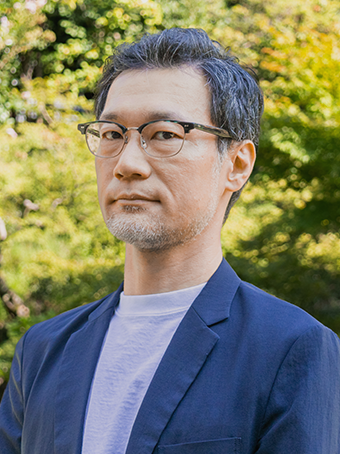

Visiting Senior Research Fellow
SAITOU Kousuke is a professor at the Faculty of Global Studies, Sophia University, Japan. He received his Ph.D. in International Political Economy from the Graduate School of Humanities and Social Sciences, University of Tsukuba, Japan. Prior to joining Sophia University to teach international security studies, he was an associate professor at Yokohama National University, Japan. [Concurrent Position] Professor, Faculty of Global Studies, Sophia University
View Profile-
 The Supreme Court Strikes Down the IEEPA Tariffs: What Happened and What Comes Next?2026.02.27
The Supreme Court Strikes Down the IEEPA Tariffs: What Happened and What Comes Next?2026.02.27 -
 Fed-Treasury Coordination as Economic Security Policy2026.02.13
Fed-Treasury Coordination as Economic Security Policy2026.02.13 -
 What Takaichi’s Snap Election Landslide Means for Japan’s Defense and Fiscal Policy2026.02.13
What Takaichi’s Snap Election Landslide Means for Japan’s Defense and Fiscal Policy2026.02.13 -
 Challenges for Japan During the U.S.-China ‘Truce’2026.02.12
Challenges for Japan During the U.S.-China ‘Truce’2026.02.12 -
 India and EU Sign Mother of All Deals2026.02.09
India and EU Sign Mother of All Deals2026.02.09
 Orbán in the Public Eye: Anti-Ukraine Argument for Delegitimising Brussels2026.02.04
Orbán in the Public Eye: Anti-Ukraine Argument for Delegitimising Brussels2026.02.04 Fed-Treasury Coordination as Economic Security Policy2026.02.13
Fed-Treasury Coordination as Economic Security Policy2026.02.13 India and EU Sign Mother of All Deals2026.02.09
India and EU Sign Mother of All Deals2026.02.09 When Is a Tariff Threat Not a Tariff Threat?2026.01.29
When Is a Tariff Threat Not a Tariff Threat?2026.01.29 Navigating Uncertainty in U.S. Space Policy: Decoding Elon Musk’s Influence2025.04.09
Navigating Uncertainty in U.S. Space Policy: Decoding Elon Musk’s Influence2025.04.09


